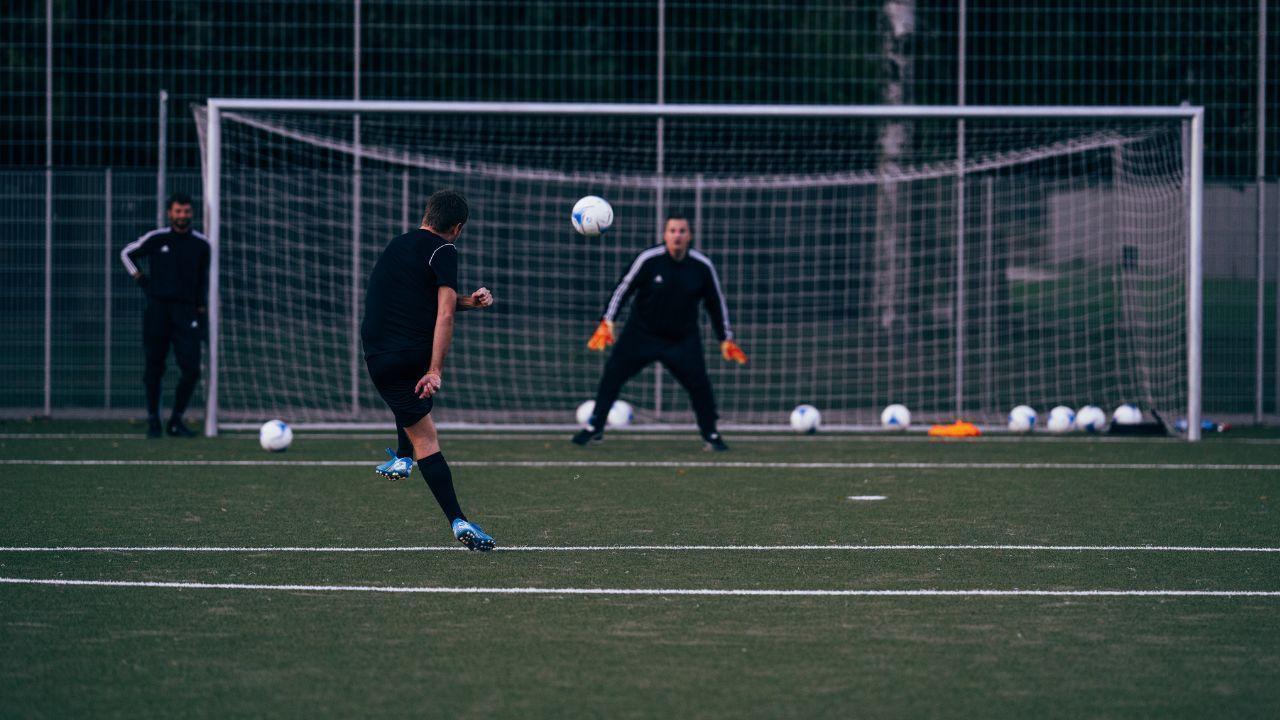
Post by: Vansh Kumar
Sports have been an essential part of human civilization for centuries. From the early athletic competitions in ancient Greece to the high-tech global tournaments of today, the way we play, watch, and engage with sports has transformed dramatically. The History of Sports and How They Have Changed Over Time reflects society’s progress, technological advancements, and cultural shifts.
The earliest records of sports date back thousands of years. The Greeks introduced the Olympic Games in 776 BCE, featuring events like wrestling, chariot racing, and discus throwing. These competitions were held in honor of the gods and were a key part of Greek culture. Meanwhile, in Rome, gladiator battles and chariot races entertained massive crowds in the Colosseum, showcasing strength and endurance.
Across the world, different cultures developed their own sports. The Chinese played Cuju, an early form of soccer, while the Mayans engaged in a ballgame known as Pok-A-Tok. Native Americans had their version of lacrosse, which was more than just a game—it was a spiritual and community event.
As civilizations evolved, so did sports. The Middle Ages saw the rise of jousting tournaments, archery contests, and hunting as forms of competition and entertainment for royalty and nobility. In England, football (soccer) began gaining popularity, but it lacked structured rules until the 19th century.
The Industrial Revolution played a crucial role in shaping modern sports. With urbanization and technological advancements, people had more leisure time, leading to the formalization of various sports. The 19th century saw the establishment of governing bodies like FIFA (for soccer), the International Olympic Committee (IOC), and the NBA for basketball. Standardized rules, organized leagues, and international competitions began taking shape, setting the foundation for modern sports.
The 20th century witnessed sports becoming a massive global industry. The Olympic Games were revived in 1896, attracting nations from around the world. Soccer’s FIFA World Cup started in 1930, and the Super Bowl became a cultural phenomenon in the United States.
Technological advancements such as radio, television, and later the internet, made it easier for fans to follow their favorite teams and players. This era also saw the rise of legendary athletes like Muhammad Ali, Pele, Michael Jordan, and Serena Williams, who inspired millions across the globe.
Women’s participation in sports also grew significantly during this time. The introduction of female events in the Olympics and the rise of professional women’s leagues changed the perception of gender roles in sports.
Today, sports have become more than just physical contests; they are entertainment spectacles fueled by advanced technology. High-definition broadcasts, instant replays, and data analytics have transformed how fans experience games. Virtual reality (VR) and artificial intelligence (AI) are being used for athlete training and game analysis.
The rise of eSports, where video game players compete in global tournaments, has further redefined sports. Traditional sporting organizations are now embracing this digital shift, with many major sports leagues integrating video gaming competitions into their events.
Another significant shift is the focus on health, wellness, and inclusivity. Sports are becoming more accessible to people of all ages and abilities, with events like the Paralympics showcasing extraordinary athleticism and determination.
The future of sports will likely see even more integration of technology, sustainability, and inclusivity. With the growth of AI-driven coaching, wearable tech for performance analysis, and eco-friendly stadiums, sports will continue to evolve. The expansion of global competitions and the rise of female sports leagues promise a more diverse and exciting sporting landscape.
The History of Sports and How They Have Changed Over Time explores the fascinating evolution of sports from ancient times to the modern era. Early competitions, such as the Olympic Games in Greece and gladiator battles in Rome, laid the foundation for structured athletic events. Over time, sports became more organized, with official rules, governing bodies, and global tournaments like the FIFA World Cup and the Olympics.
This article is published by DXB News Network for informational purposes only. While every effort has been made to ensure accuracy, we do not take responsibility for any errors or omissions. The content reflects general information and should not be considered professional advice. Readers are encouraged to verify facts and consult relevant sources before making conclusions.
#trending #latest #SportsHistory #EvolutionOfSports #ModernSports #AncientGames #AthleticEvolution #SportsThroughTime #ChangingSports #HistoricalSports #SportsDevelopment #GameEvolution #breakingnews #worldnews #headlines #topstories #globalUpdate #dxbnewsnetwork #dxbnews #dxbdnn #dxbnewsnetworkdnn #bestnewschanneldubai #bestnewschannelUAE #bestnewschannelabudhabi #bestnewschannelajman #bestnewschannelofdubai #popularnewschanneldubai

Delicious and Easy 10 Tasty Recipes to Try Today...Read More.

Emirates Foundation's Sanid Program trained 341 volunteers in first aid, fire safety, and crisis response, enhancing emergency preparedness across the UAE....Read More.

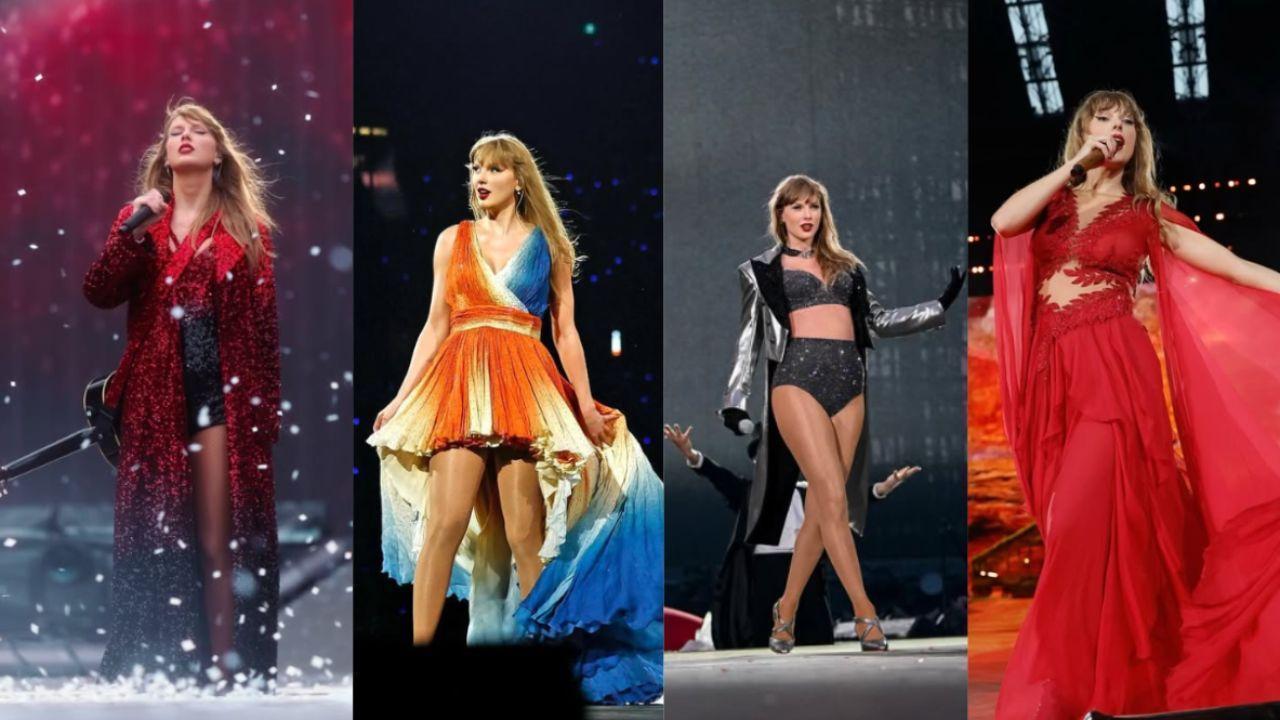



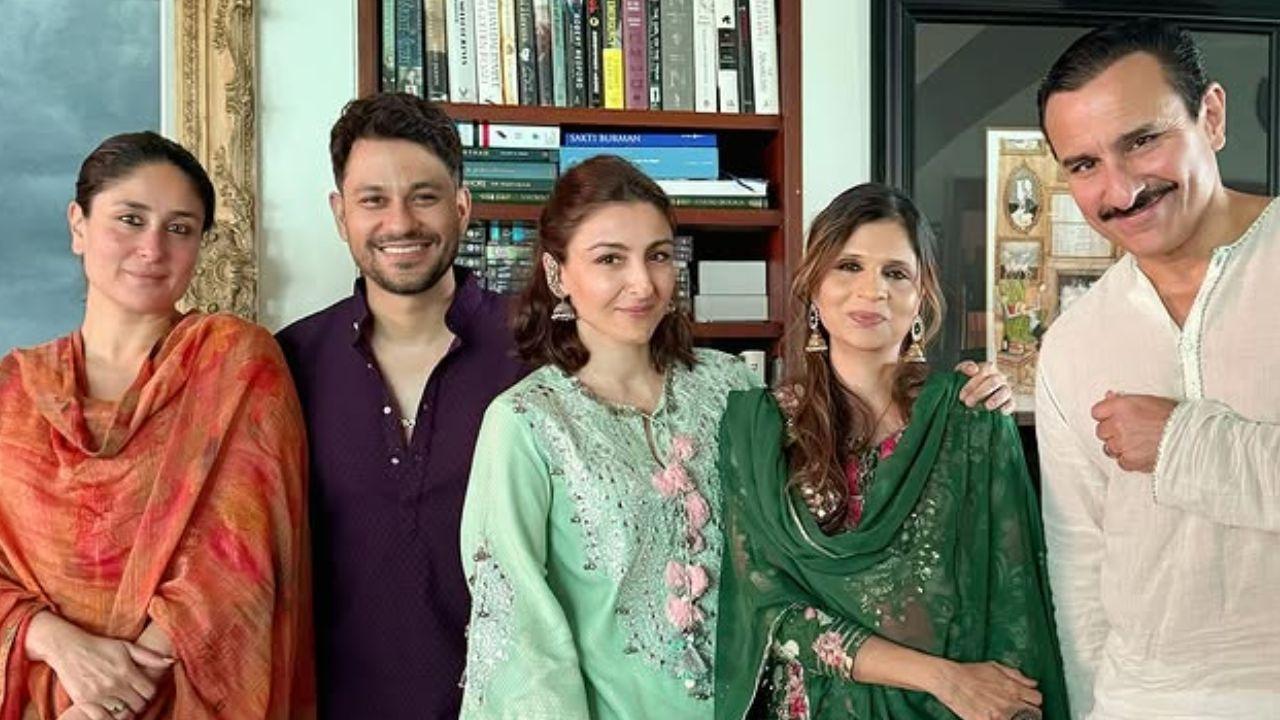



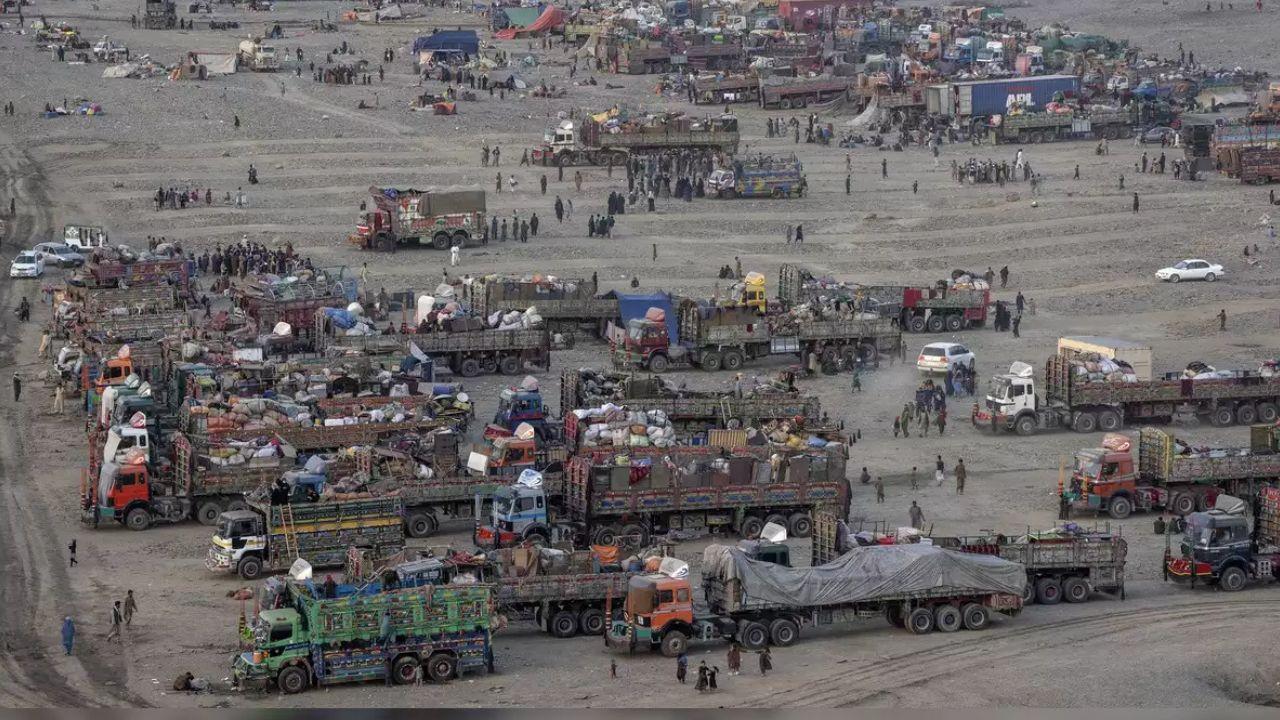



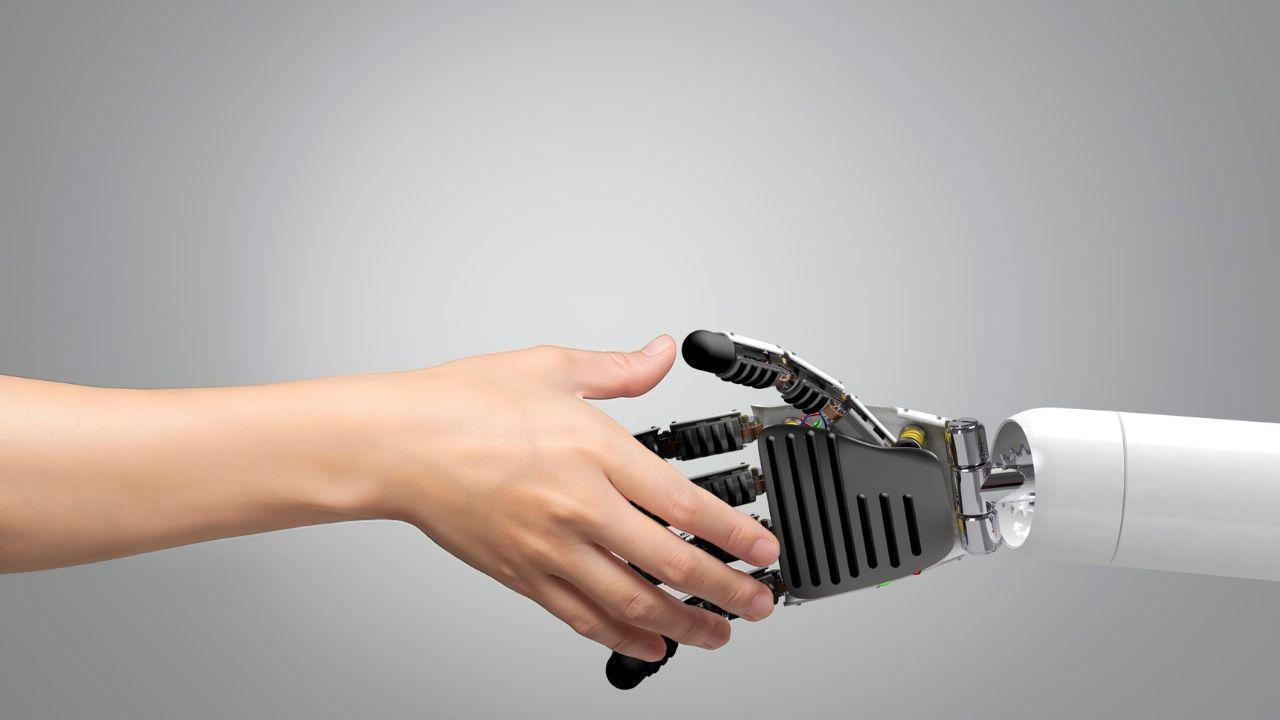
New E-Skin Enables Touchless Control and Robot-Like Sensation
Revolutionary e-skin mimics human touch, allowing touchless control, aiding robots, and helping peop

UAE to Launch Digital Dirham CBDC by Year-End for Secure, Efficient Payments
The UAE will introduce its Digital Dirham CBDC by year-end, enhancing security, transparency, and ef
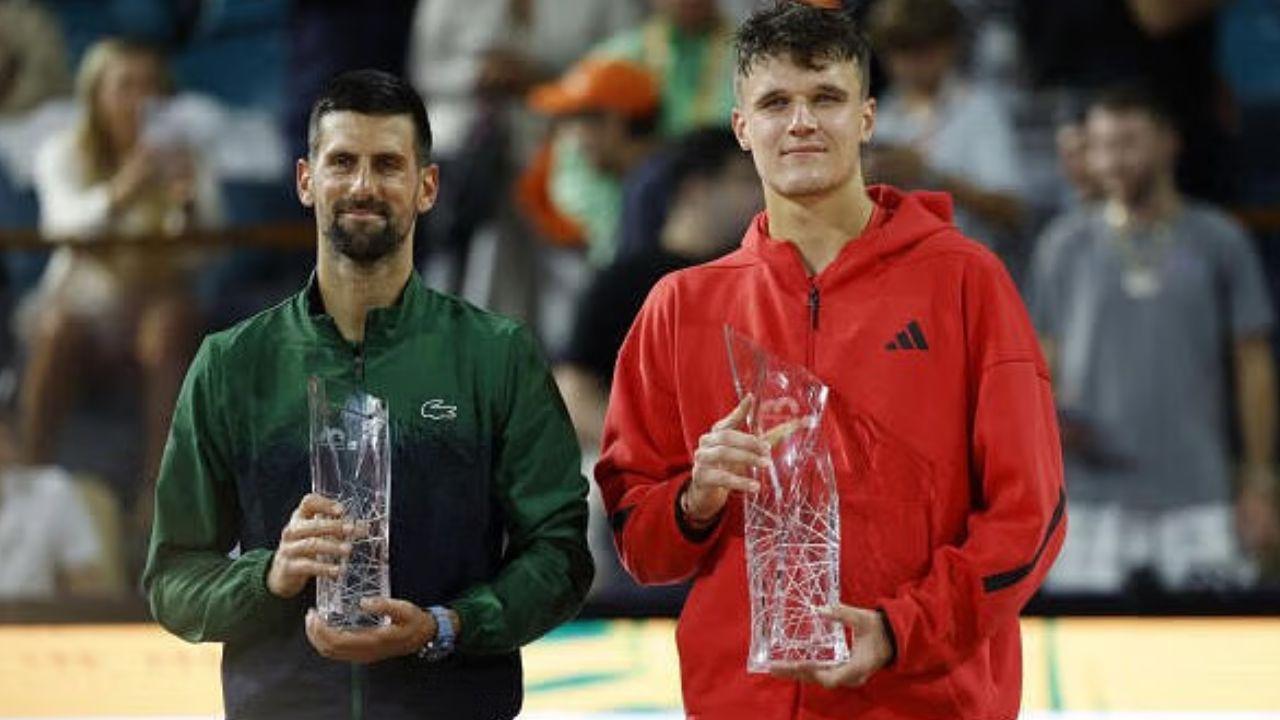
Teenager Mensik Stuns Djokovic in Miami Open Final Upset
Jakub Mensik, 19, shocked Novak Djokovic in Miami, denying him his 100th title with a thrilling stra

IIMA's 60th Convocation & First International Campus in Dubai
IIMA held its 60th convocation, announced a Dubai campus, launched a new centre, and introduced a fi
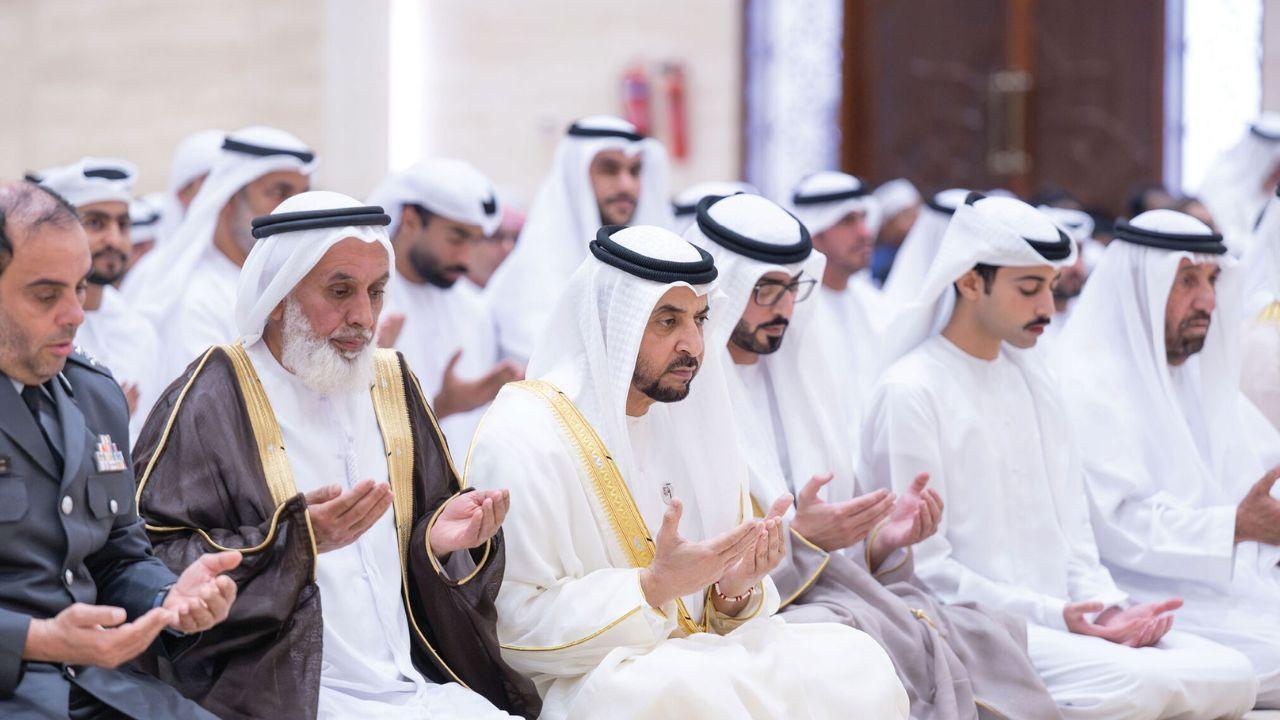
Hamdan bin Zayed Performs Eid Prayer & Receives Well-Wishers
Sheikh Hamdan bin Zayed prayed on Eid in Al Mirfa, welcomed well-wishers, and reflected on the value